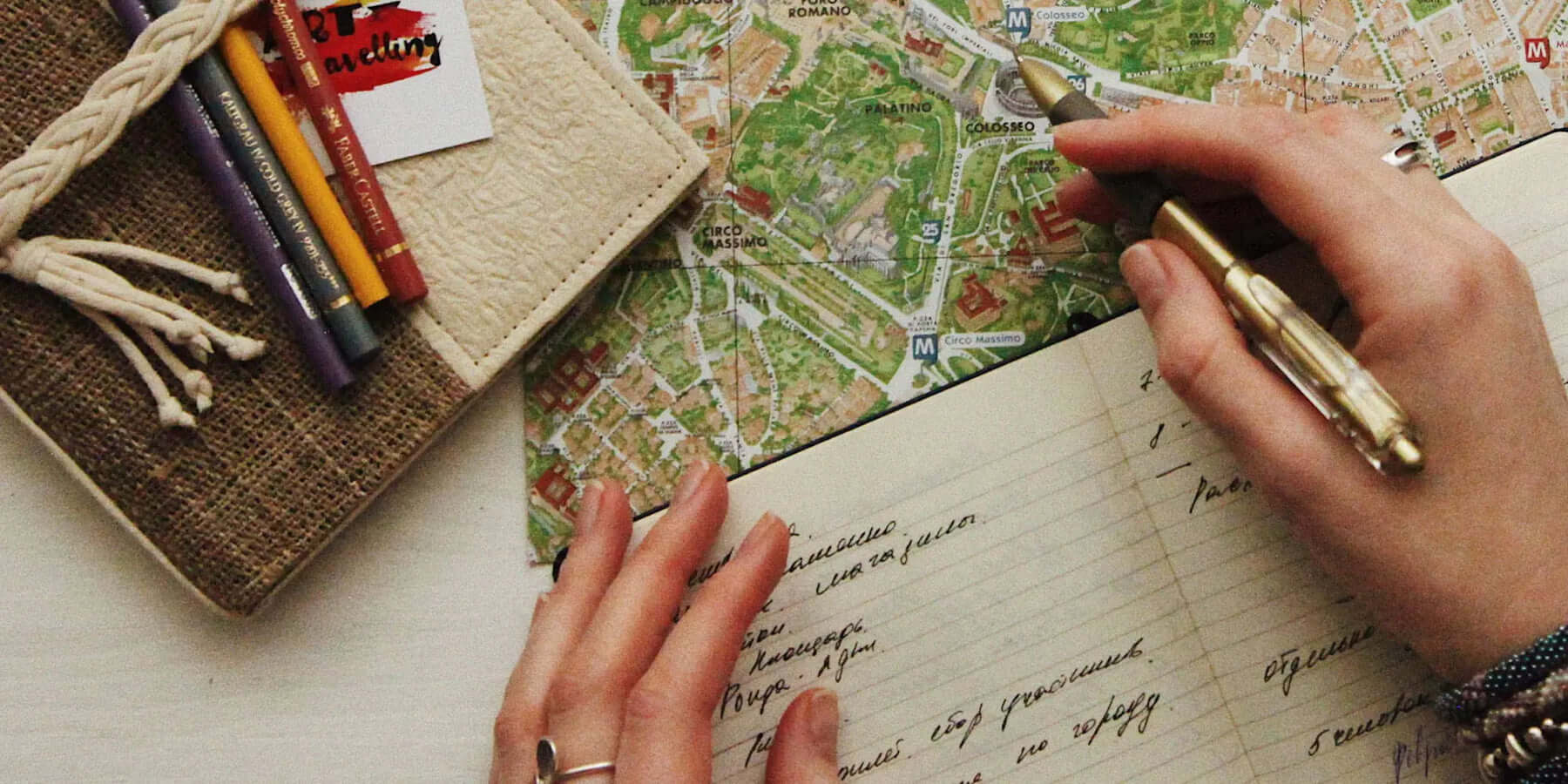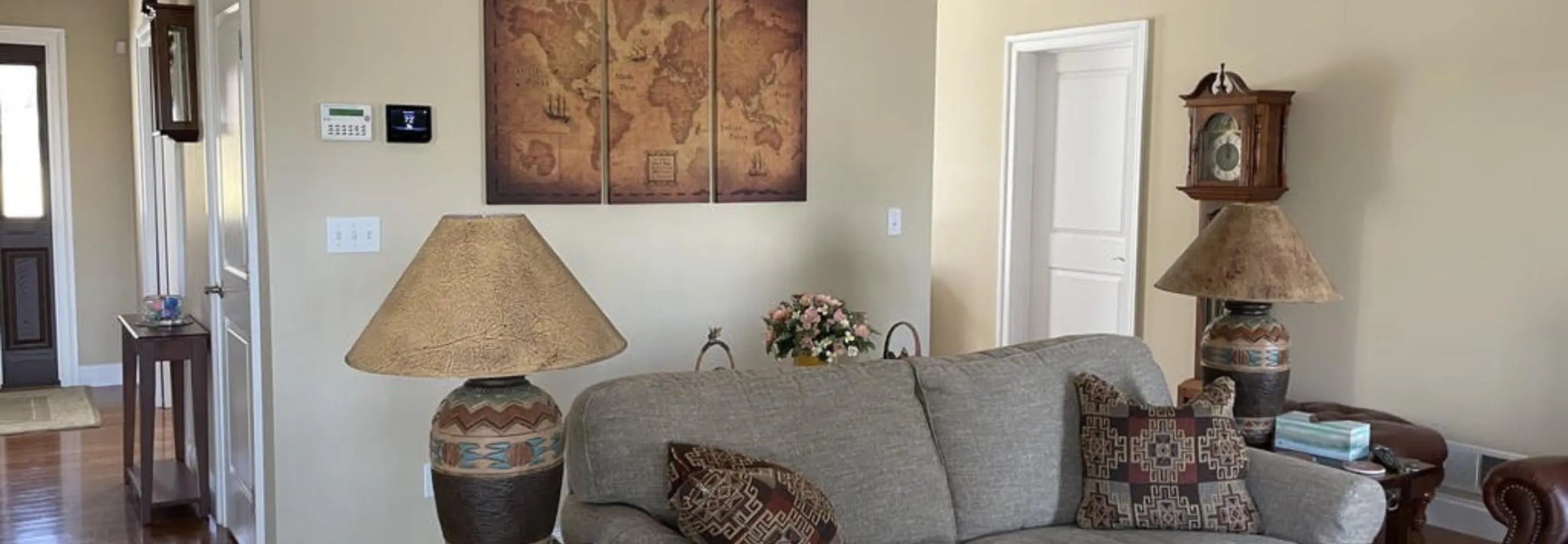Your pets share your home and your life. You grow accustomed to having your furry, scaly, or feathered friends there beside you, so it can be so hard to leave them behind when you are traveling! But unfortunately, not every trip is pet-friendly, and not every pet is trip-friendly.
Whether it’s a vacation or a business trip, leaving your pets at home can be stressful, both for you and for them! Trusting someone else to care for your pet isn’t an easy decision, but proper preparation and planning will keep everyone healthy and happy while you're away. Here’s everything you need to know before you leave your pets behind while you travel!

Finding the Right Caregiver
The first step to traveling without your pet is determining who will care for them. Some options include trusting your pet with friends, family members, a professional pet sitter, or boarding them in a pet care facility.
Consider your pet’s needs and personality when you make this decision. While it’s generally easy to find someone who is equipped to care for a well-behaved cat or dog, it’s not so simple to find someone who is prepared to care for a hedgehog, chameleon, or any other pet that requires more specialized care!
If you’re having trouble, websites like Rover are great resources for finding trustworthy and experienced pet sitters for all types of creatures. Many sitters are even willing to do a meet-and-greet with your pet beforehand to make sure it’s a good fit! If you choose to leave your pet in a local boarding facility, it’s a good idea to book a short stay prior to your trip so you can see how it suits your pet.

You also need to get your caregiver up to speed on any quirks and behavioral issues your pet has. Maybe your cat will only drink out of a water fountain like this one, or your dog has issues with food aggression and must be fed away from any other animals, or maybe your guinea pig likes to listen to NPR during the day. The daily accommodations that we automatically make for our pets aren’t so obvious to those who don’t care for them regularly like we do!
Maintaining Your Pet’s Routine
Keeping up your pet’s usual routine is an important part of making this time apart less stressful for your best friend. If you’re lucky enough to find a pet sitter that doubles as a house sitter, that can often be the best choice for your pet, because your pet remains in the environment they are used to and isn’t left alone.
Make sure you and the caregiver go over all the nitty-gritty details of your pet’s feeding, exercise, and enrichment schedule along with any medications they require. Being fed, walked, and cuddled at the times they are used to will ease the stress they might be feeling about the temporary separation.
Having access to familiar items, like bedding or toys, can soothe your pet when they miss you the most. If it’s a cage-dwelling animal, like a bird, reptile, or rodent, try to find a plan that allows them to stay in their normal cage while you’re gone. Having something recognizable nearby will make a new environment, caretaker, or both, less scary.
Leaving a few worn t-shirts or sweaters behind for pets with separation anxiety can be a huge comfort, too. Your scent is their favorite, and science has shown that it makes them happier and calmer to smell you!

Returning Home
No matter if your pet stays in your home or somewhere else while you are traveling, they will likely need some time to reacclimate to normal life once you return. Being away from everyone and/or everything you know can be disorienting!
A cat or dog will probably be ready for affection and love as soon as they see you! If you have a smaller mammal or a reptile, it might need some time to readjust to you (but don’t take it personally).
If your pet went on their own vacation while you were gone, remind them where the essentials like food, water, litter boxes, puppy pads, beds, etc. are located. Make sure to give out all the well-deserved treats and praise they earned for being good while you were away, and take time to do their favorite activities with them!
While no pet owner wants to think about their babies being mistreated, returning home is also the time to evaluate the quality of the care that your pet received. Check for any injuries like cuts, scrapes, and bruises, and pay attention to your pet’s behavior. If they seem less friendly,more scared and submissive than usual, or even aggressive, that’s a sign that something is wrong. You may also want to weigh your pet before and after your trip as a health indicator.
Even if your pet sitter did an overall good job, don’t be afraid to give them constructive feedback! That way, they can take even better care of your pet next time.

While it is emotionally taxing to leave your pet behind for the first time, you will have a renewed appreciation for their love, affection, and companionship once you return to them! Maybe you’ll even decide to let them tag along next time! :)









Share:
Flying with Pets: Preparing Your Furry Friend for the Flight
Spring 2023: Interesting and Impactful News From the Travel Industry